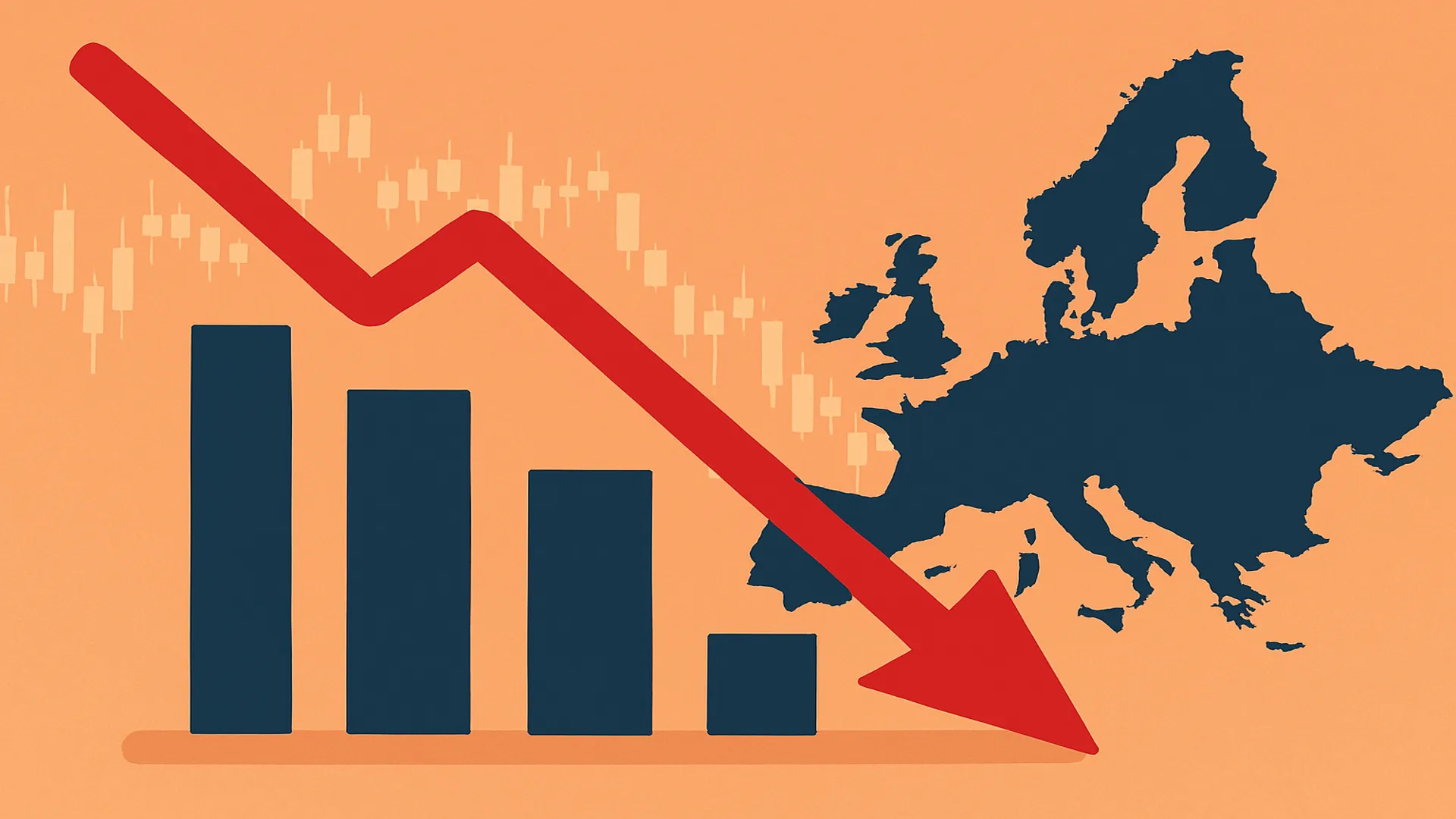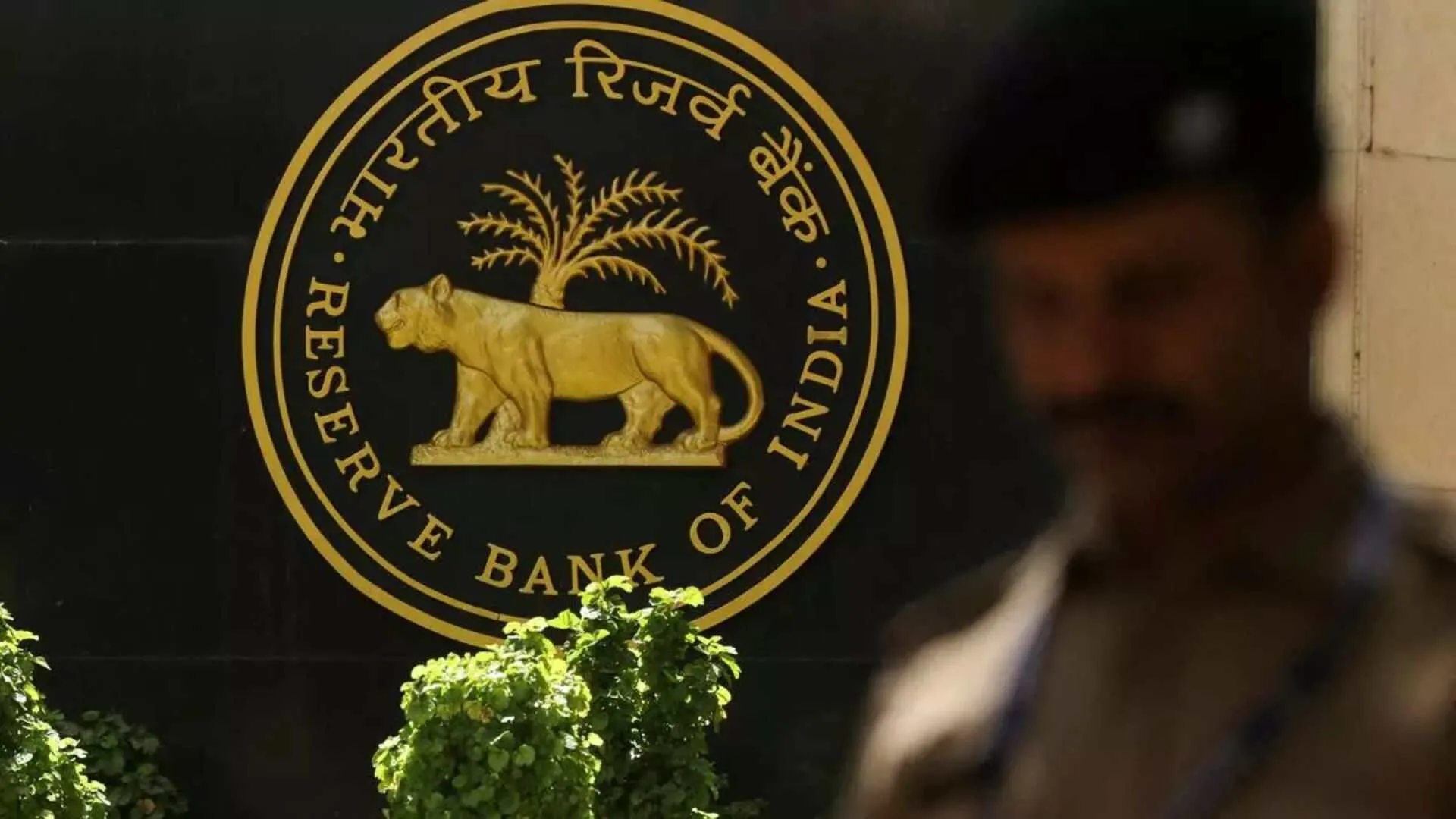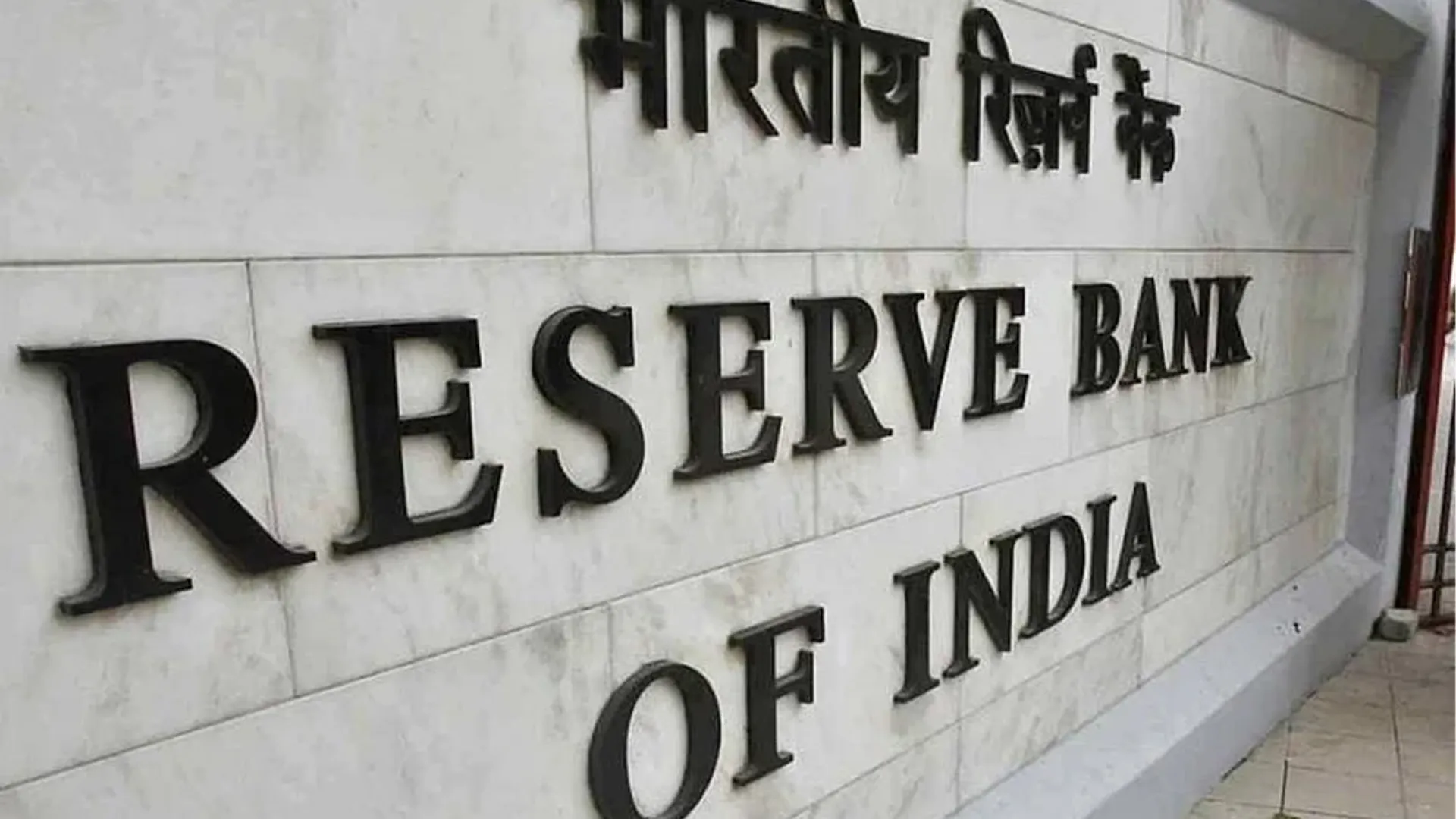The United States, now in the control of President Donald Trump, imposed unprecedented broad tariffs across a vast range of global imports. These tariffs, intended to bring back American manufacturing and dampen trade deficits. This has not just shocked domestic markets but taken European stock markets on a wild ride. This primer digs into why the US chose to launch these tariffs, what they cover, and how they have led to dramatic falls on European financial markets.
Why Did the US Implement New Tariffs?
The Trump administration has long advocated for an “America First” economic policy centered on protecting domestic industry. The latest round of tariffs was framed as “reciprocal” a reaction to what the administration asserts are unfair trade practices by global partners. The tariffs specifically hit imports where the US feels it is at a strategic disadvantage, including automobiles, steel, aluminum, and luxury goods.
This step is also largely viewed as an attempt to pressure before trade negotiations with allies as well as rivals. Through tariffs, the US aims to win better trade concessions while discouraging what it regards as economic menaces to American sovereignty.
What Do the Tariffs Include?
The new package of tariffs involves:
- A 25% import duty on steel, aluminum, and automobiles.
- A 20% tariff on virtually all other products from nations the US blames for trade deficits.
- Duties on specific industries, like a 20% tariff on luxury goods from Europe like French cognac.
The breadth and intensity of these tariffs have rendered them uniquely disruptive to international trade patterns.
How Have European Markets Responded?
The initial effect of these tariffs has been a steep drop in European shares:
- Germany’s DAX dropped close to 5%
- France’s CAC 40 fell by 4.3%
- Italy’s FTSE MIB fell by 6.5%
- The UK’s FTSE 100 fell by 4.95%, with estimates of a further 2.4% fall, its worst decline since the pandemic
The selling is an indication of investor apprehension regarding the decrease in export demand, supply chain issues, and general economic slowdown.
Which Sectors Are Worst Affected?
A number of industries in Europe are taking a hit from the tariff war:
- Luxury Goods: France’s lucrative cognac industry, which earns over $3 billion annually from exports half of that from the US is already seeing a downturn. With a 20% tariff slapped on cognac, producers fear significant losses and are considering scaling back operations.
- Automotive Sector: Europe’s auto industry is reeling from the 25% tariff on cars. German automakers like BMW and Mercedes-Benz are especially vulnerable, given their heavy reliance on the US market.
- Steel and Manufacturing: European manufacturers are subject to increased input costs with new steel and aluminium duties, making their products less competitive in the world.
Broader Economic Impacts
Long-term harm is being warned about by analysts and central banks:
- A blanket tariff of 25% would cut euro zone growth by 0.3 percentage points within a year, the European Central Bank says.
- If Europe responds with the same tariffs, the overall effect could be a 0.5 percentage point decline in growth these are big numbers, particularly if the trade war intensifies.
Political and Diplomatic Consequences
European politicians are not sitting still. The European Commission is weighing retaliatory measures. These majors include puting a tariffs on as much as $28 billion in US imports everything from jewelry to raw materials.
In a recent meeting, EU Commission President Ursula von der Leyen and UK Prime Minister Keir Starmer had discussed the implications of the US tariffs reaffirming a collective European position against protectionism.
Market Volatility and Investor Sentiment
Investor faith has been profoundly shaken. Markets worldwide have suffered increased volatility, with experts issuing a warning. The warning issued says that further escalation can plunge the world into a recession. The failure of any reconciliatory moves from Washington to stem the rout has added further to market uncertainty.
The US tariffs are not merely a trade policy; they are a seismic shift in world economic relations. For Europe, the implications are immediate and dire stock market crashes, sectoral slowdowns, and threatened economic contraction. As the world holds its breath, the hope is that diplomatic dialogue can head off a full-blown trade war. stabilize world markets.























